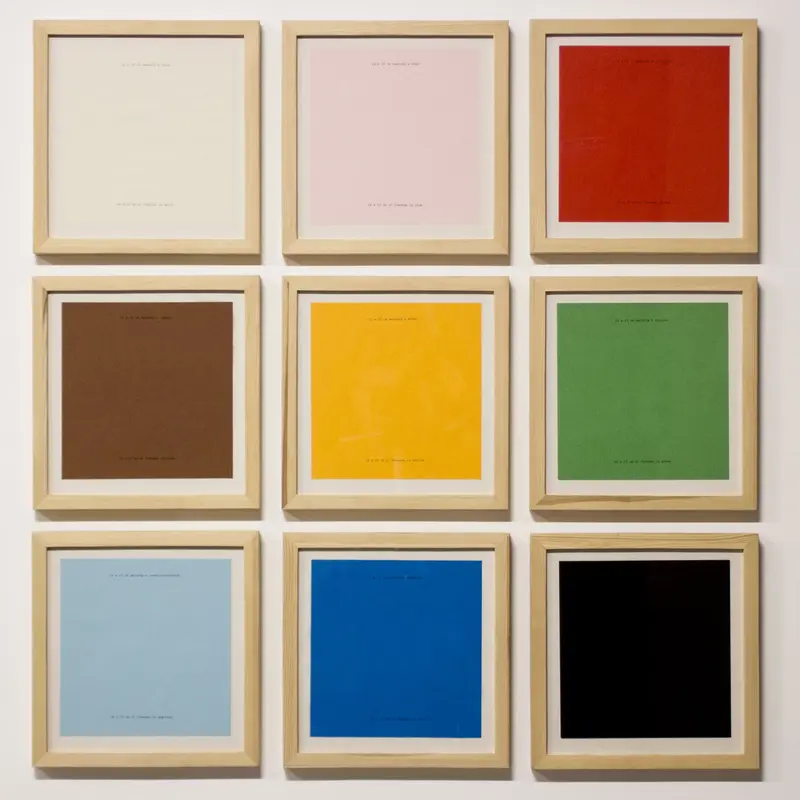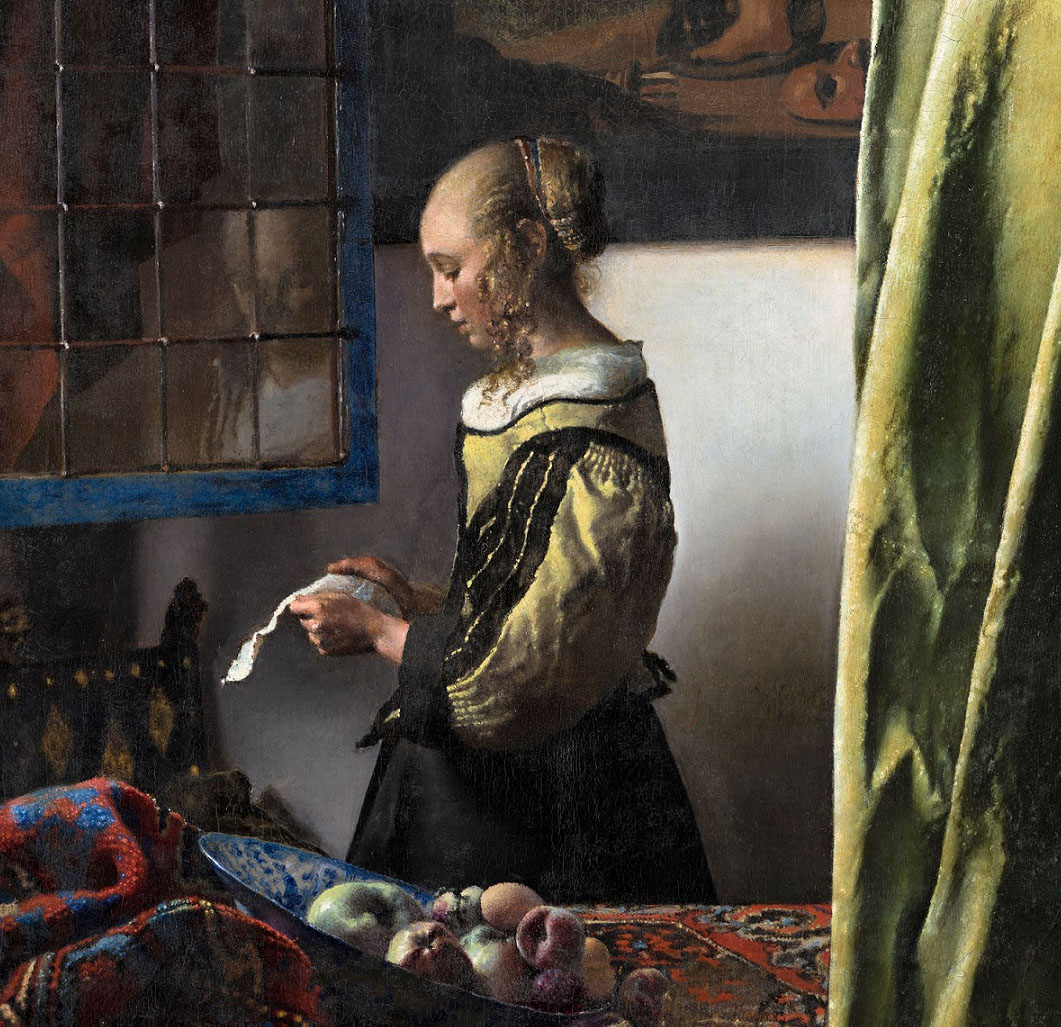Exercises 3
All sixteen artists in the exhibition shared the attitude that the innovative spirit of the artistic and social departure which could be felt in the West and East after 1960 could be put in the service of a fundamental extension of the conception of art. These artistic actors were given a relatively great degree of freedom by the state as long as they did not openly agitate against the communist system. For this reason, it was possible to build a largely independent network of galleries, art festivals, groups and international initiatives between Warszawa, Łódź, Poznań, Wrocław and other urban areas. The works and activities of the artists can be understood as anti-authoritarian resistance and exercises in freedom.

